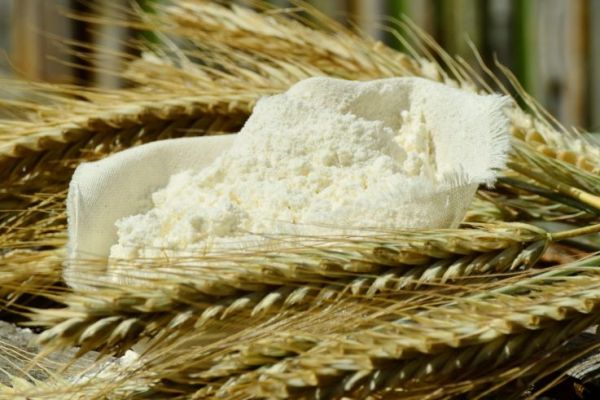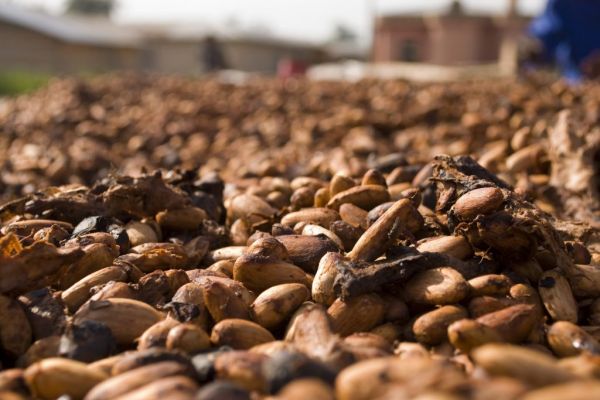China's soyoil prices rallied to their highest in more than two years this week as consumers turned to shrinking inventories of vegetable oils amid a national shortage of pork.
China is the top global consumer of pork and the shortage has pushed prices to record levels, forcing some diners to switch to alternative proteins like duck and chicken.
Other consumers are increasing their use of vegetable oils to compensate for eating less fatty pork, said an executive with a state-owned soybean crusher.
The price of soybean oil in Tianjin, a major consumption hub, reached 6,500 yuan ($927) per tonne on 4 November, its highest mark since March 2017.
"Consumption of oils is even stronger as there is less pork for people to eat," said the executive, declining to be identified as he was not authorised to speak to the media.
Substitute Meats
Rising demand for substitute meats is also making animal fats more pricey, boosting the appeal of cheaper vegetable oils, said Liu Menghan, an analyst with Cofeed, an agribusiness research firm.
Soyoil prices are being further supported by low inventories. China's imports of soybeans, key raw material to make the oil, have slowed this year as tariffs slapped on the commodity amid a trade war with the United States cut shipments purchased from its No. 2 supplier.
"Sales (of soyoil) have gone crazy in the days following National Day holidays, usually a flat season," said Liu, referring to a week-long holiday in early October.
"Everyone is watching and betting prices will rise further," Liu said.
Soybean Imports
China's soybean imports in September fell 13.5% from the previous month and imports so far this year are down 7.9% from a year ago.
A huge reduction in China's hog herd that caused the pork shortage is also reducing demand for soybean imports. Soybeans are crushed into soymeal to feed China's huge livestock sector, with oil a byproduct of the crushing.
The country crushed 1.55 million tonnes of soybeans in the week ending 4 November, lowest for the period in five years.
National weekly soyoil stocks have dropped to 1.31 million tonnes as of 29 October, lowest since February and lowest for end-October in three years.
Strong soyoil prices have also helped push palm oil prices in China to a 13-month high. The most actively traded palm oil futures hit 5,398 yuan per tonne on Tuesday, up 23% since July and highest since October 2018.
News by Reuters, edited by ESM. Click subscribe to sign up to ESM: European Supermarket Magazine.














